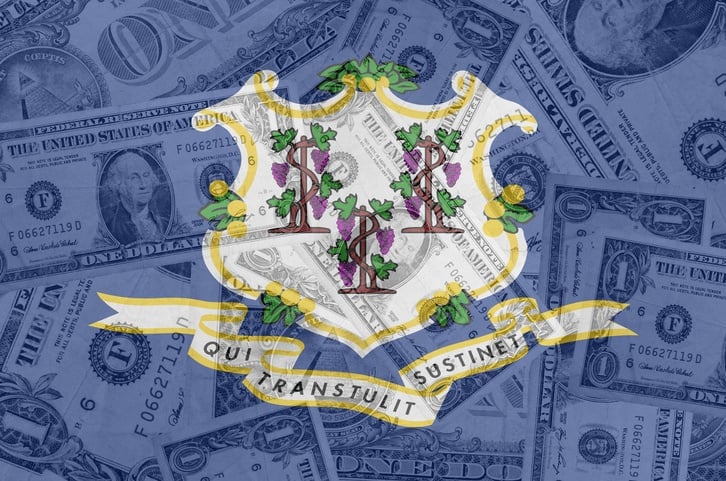Sales Tax Scaries 4: Nexus and Taxability
When Sales Tax Creeps Up on You
Ever notice how the first characters in every horror movie never...

If you’ve been following the EYE ON series, Connecticut is the first state (in alphabetical order) that has state level sales and use taxes only. The general sales and use tax rate is 6.35%. While sales tax compliance is fairly straightforward in Connecticut, there are a few exceptions.

Another unique characteristic of Connecticut is the taxability of contractors. In general and in most states, contractors performing improvements to real property are considered the end users/consumers of all tangible personal property purchased for sales and use tax purposes. In other words, contractors pay sales and use tax on all their purchases – as is the case in Connecticut.
Typically, the gross receipts of contractors are not subject to sales or use tax. However, in Connecticut, real property contractors are considered to be retailers of services and must collect sales tax on their taxable services. A contractor's charge for service (also called “labor”) is determined by subtracting the contractor's cost of materials (including tax paid on materials) from the total contract price. The charge for service includes the actual charge for labor performed, any mark-up or profit for labor or materials, overhead expenses, and reimbursed expenses. Services are taxable when rendered to existing commercial property, existing industrial property, or existing income-producing real property.
A contractor's labor is not subject to sales or use tax if performed in conjunction with new construction (with some exceptions), owner-occupied residential property (with some exceptions.
Overall, from a sales tax compliance perspective, Connecticut is a fairly easy state in which to comply.
Stay tuned for more of Jeff's EYE ON series as he blogs about sales and use tax State by State.

Ever notice how the first characters in every horror movie never...
Copyright © 2025 TaxConnex, LLC